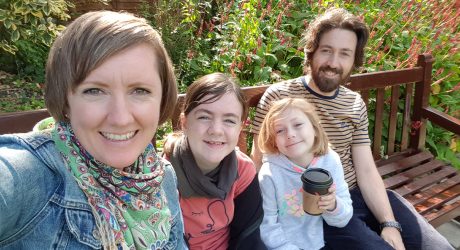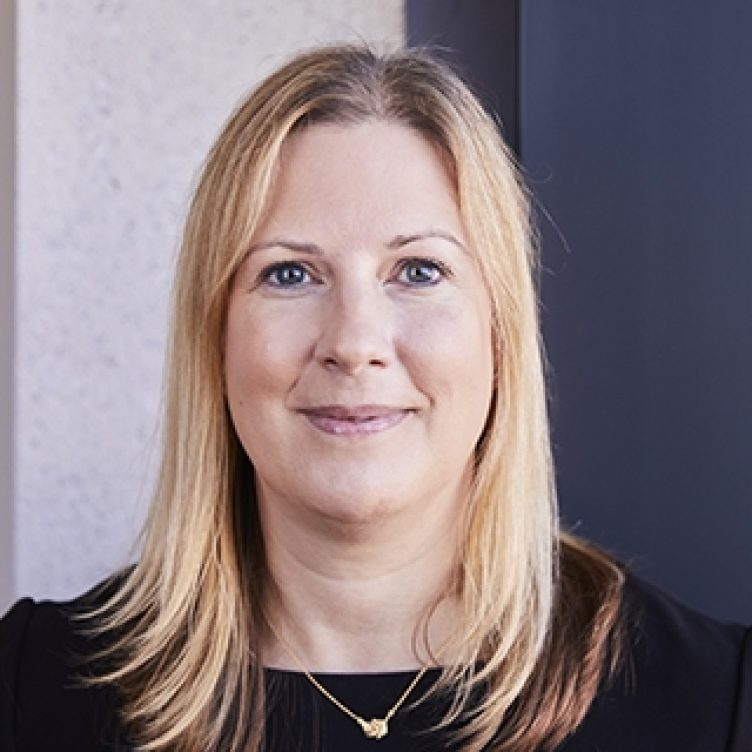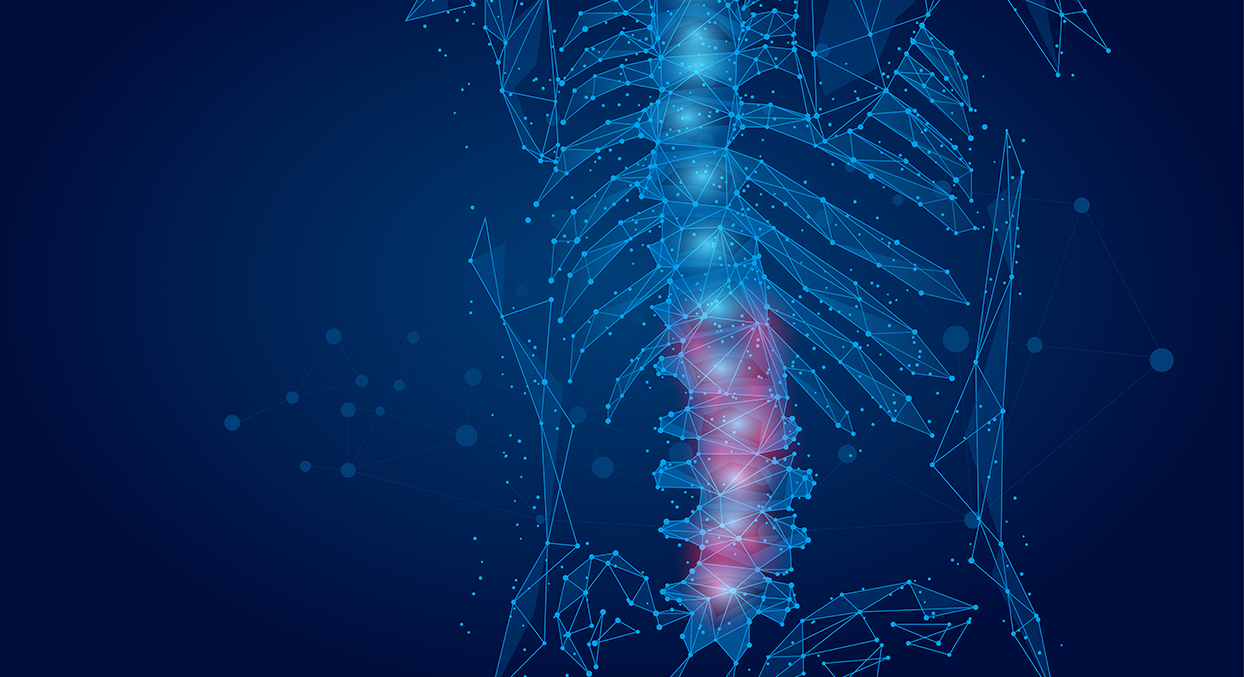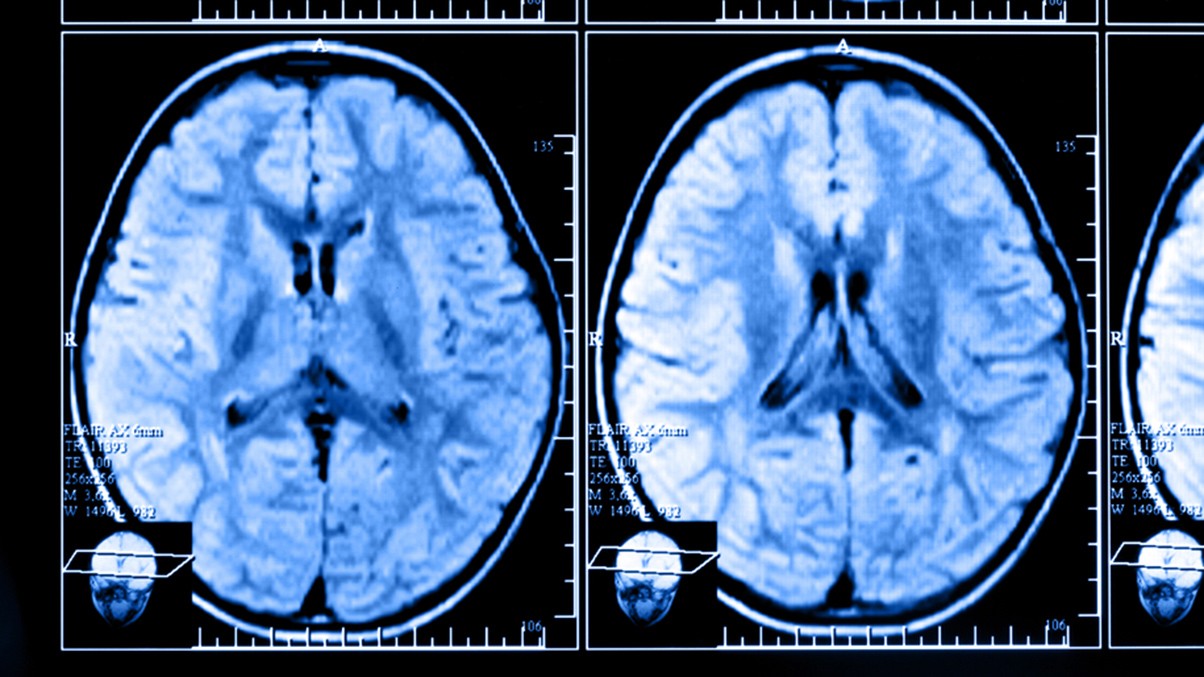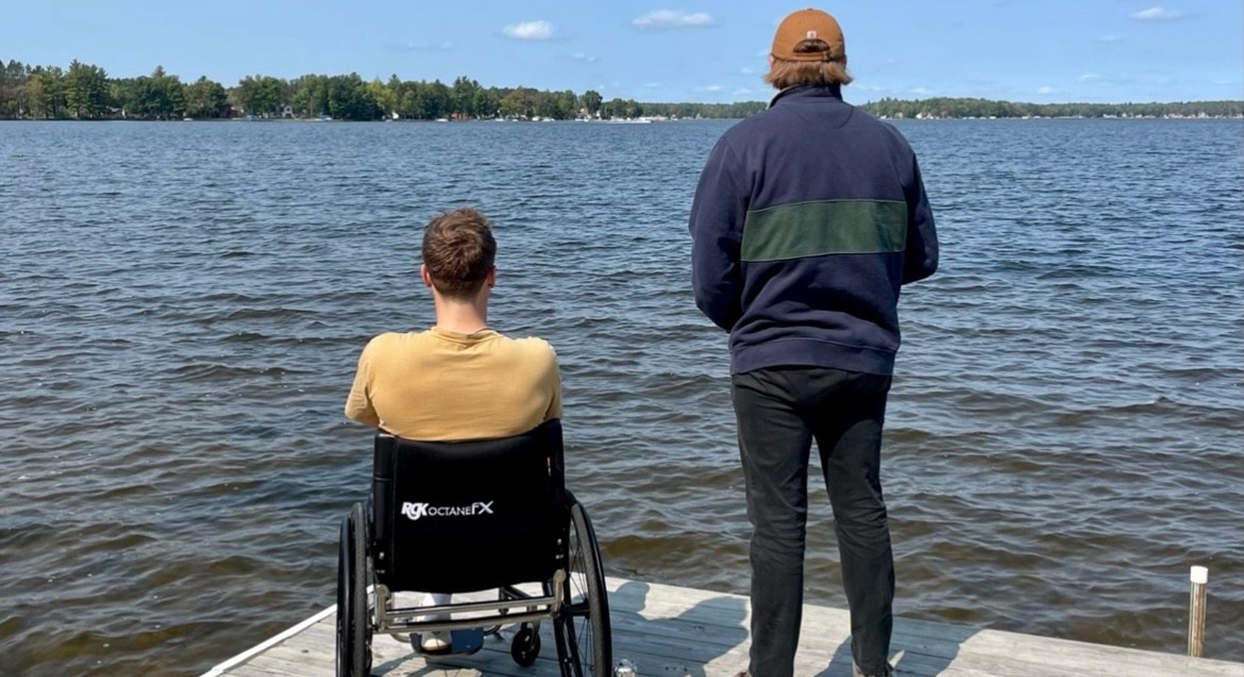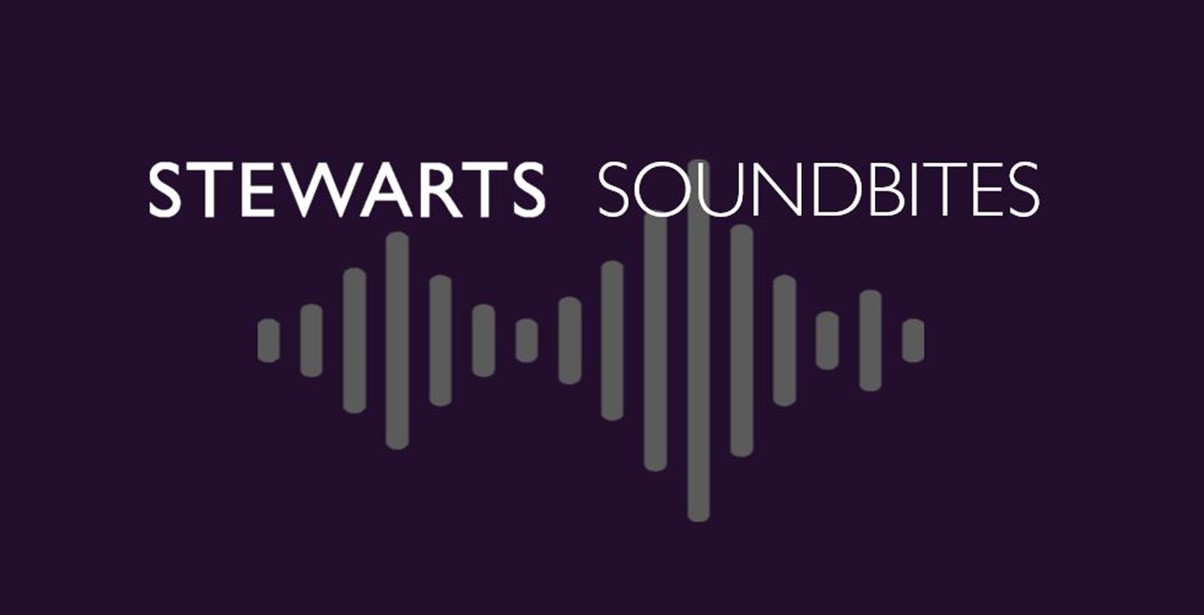Claire was 34 when she sustained a traumatic brain injury while walking home with her husband and two young children after collecting her daughter from school. The defendant had lost control of his motorcycle, mounted the kerb, and hit Claire. Partner Nichola Fosler and senior paralegal Lizzie Dunn review Claire’s case.
At the time of the accident, Claire, who worked as an events assistant, was on a career break, having had two daughters. She had planned to return to work when her youngest daughter started school.
Injury
Claire sustained multiple skull fractures, a subdural and subarachnoid haemorrhage, and her Glasgow Coma Score at the scene was 3/15. She was taken by air ambulance to the Wessex Neurological Centre, where she required surgery to remove part of her skull to relieve pressure in her brain. The accident occurred on 22 October 2014, and she was discharged home in mid-November.
Claire suffered ongoing symptoms from the brain injury, including fatigue, subtle personality changes, less control of her emotions and some memory impairment.
The claim and settlement
The motorcyclist denied liability for the accident, claiming he had lost control of his motorcycle due to the condition of the road. As such, a claim was also brought against the highway authority responsible for maintaining the road where the accident occurred. The case was listed for a trial on liability, but liability was resolved at a mediation shortly before the trial. The claim was then listed for a trial on quantum issues and settled in March 2020 before the trial following negotiations between the parties. Daniel Lawson of Cloisters advised on the case.
Interim funding enabled Claire to receive case management input from Jenny Love, NorthStar case management, as well as receiving physiotherapy, osteopathic treatment, treatment for benign paroxysmal positional vertigo, occupational therapy from Kyrsalis and neuropsychology input from Psychology Chartered. Endocrinology investigations were also undertaken. Childcare and domestic support were put in place at home.
Throughout the claim, Claire received job coaching support to enable her to return to work. She also undertook internships for Black Hangar Studios, the Hampshire Picture Company and FaceTV before accepting a paid position as an assistant producer at FaceTV. Claire worked part-time with FaceTV, which helped her manage her ongoing fatigue.
Claire’s settlement provided for ongoing loss of earnings and pension, case management, support at home, childcare and future therapies, and treatment.
Life after settlement
It is now more than three years since Claire’s claim settled, and she has continued to make an excellent recovery from her traumatic brain injury. Despite fatigue being the new normal for her, Claire manages this by taking a nap most afternoons for about 20 minutes. This gets her through to the evening without being too tired. Claire now effectively manages work, her children and social and family life, and is living life to the full.
Therapies arranged through Claire’s claim were instrumental in assisting with her recovery. When discharged from hospital, there was no head trauma support from the NHS after leaving hospital. Claire didn’t know how best to support herself. She had been given leaflets but needed someone to explain what she needed to do. The therapists gave her the tools to manage her brain injury, which was lifesaving. The air ambulance and hospital saved her life, but the therapists she had throughout the claim enabled her to live her life.
At the end of February 2023, Claire was made redundant from her position at FaceTV as the company sadly closed. This was a stressful time as she had not previously had any training in video production. Claire thoroughly loved the job.
Claire looked for other part-time jobs and initially couldn’t see anything suitable. She was worried that no other employer would take her on because of the brain injury. However, she has now found a job for a company called The Staff Canteen, which she will start in May. It is a network platform for chefs that produces podcasts, live events, and videos. Claire will be working four days a week in her new role as PA to the editor: two at home and two in the office.
Claire always wanted to get back into work. The compensation means she accepts she can only do part-time work, which allows her to manage her fatigue without stress. This has taken a huge weight off her mind, giving Claire much need personal security.
Claire and her family are about to move house. This new house has space for Claire to continue with her creative crafts, ceramics, and printing. Doing art in her spare time is one of the things that helps her manage her brain injury symptoms. The house is close to town, so she can access the town centre without using a car.
Last year, Claire supported the Hampshire and Isle of Wight Air Ambulance by shaving her hair in which she raised £4,473.23, which helped towards the £15,000 a day cost for running the service.
Testimonial
Claire says: “I really don’t feel I would be where I am now without Stewarts being involved. The lack of resources available to head trauma patients through the NHS leaves a lot of people simply not knowing how to recover effectively. Stewarts coordinated a team that supported me and my family in so many ways. “
You can find further information regarding our expertise, experience and team on our Personal Injury page.
If you require assistance from our team, please contact us.
Subscribe – In order to receive our news straight to your inbox, subscribe here. Our newsletters are sent no more than once a month.

